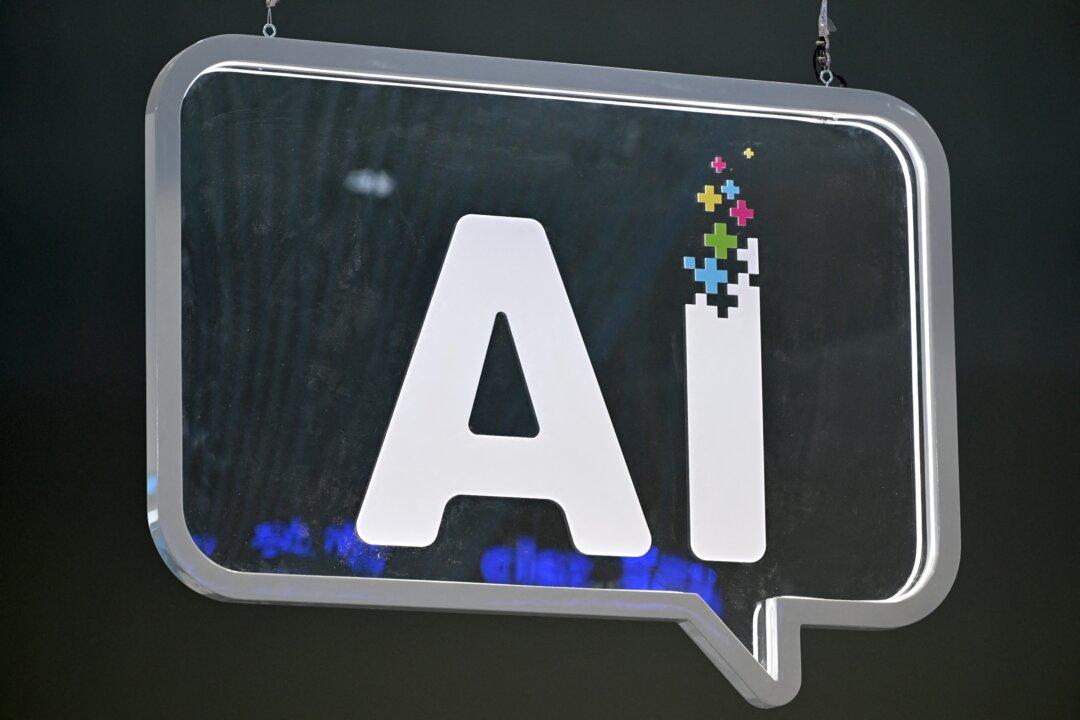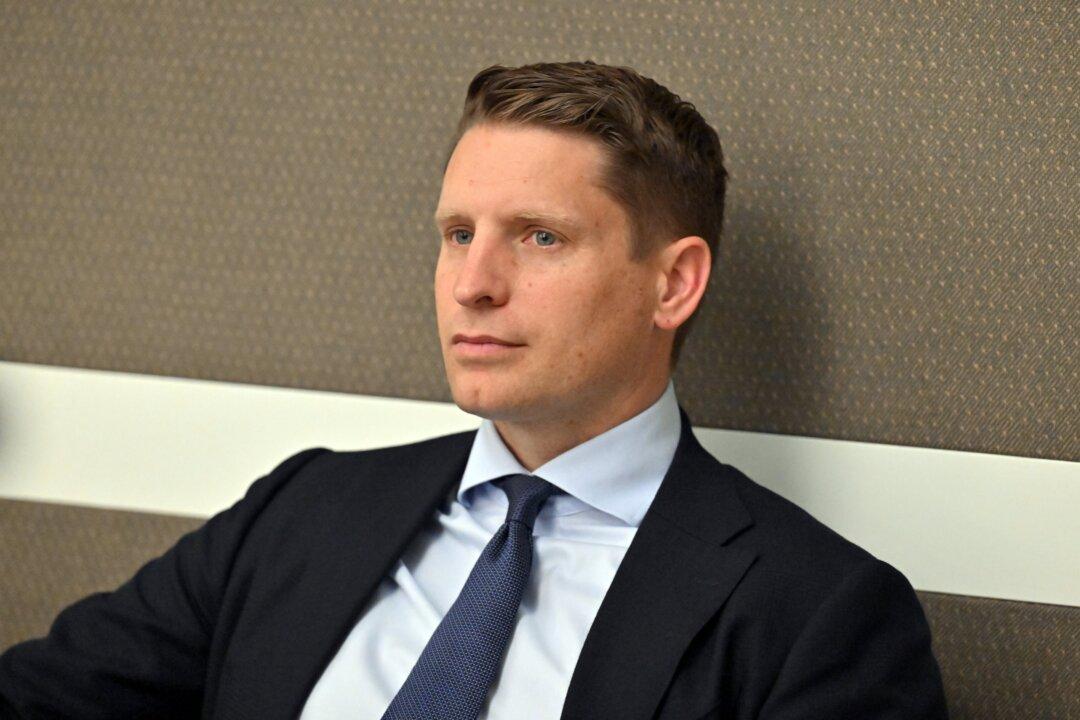Microsoft plans to upskill one million Australians and Kiwis in artificial intelligence (AI) by working with government, business, schools and the not-for-profit sector.
The tech giant’s corporate Vice President Kate Behnscken said every job would require some degree of AI fluency in the future.





